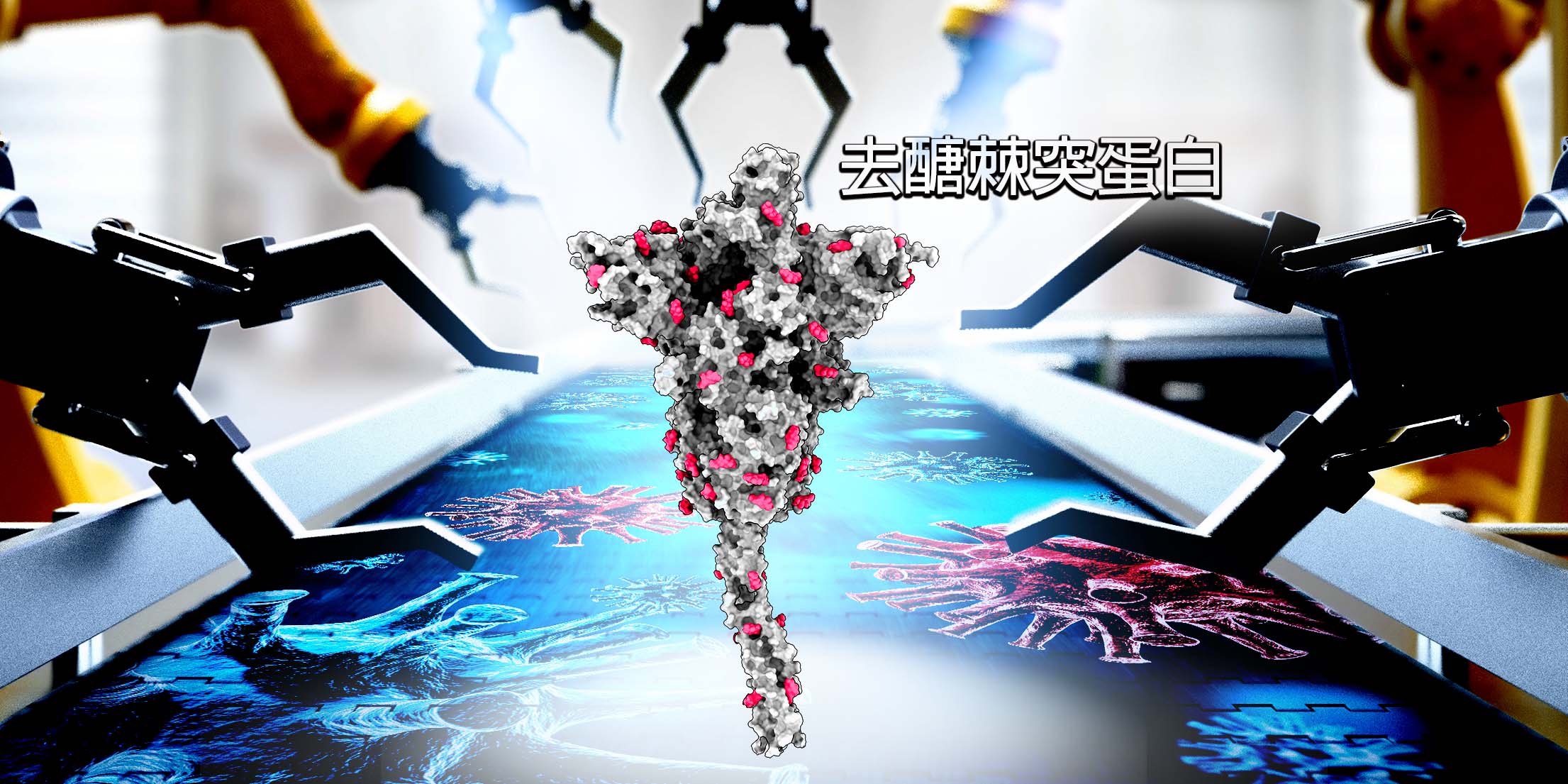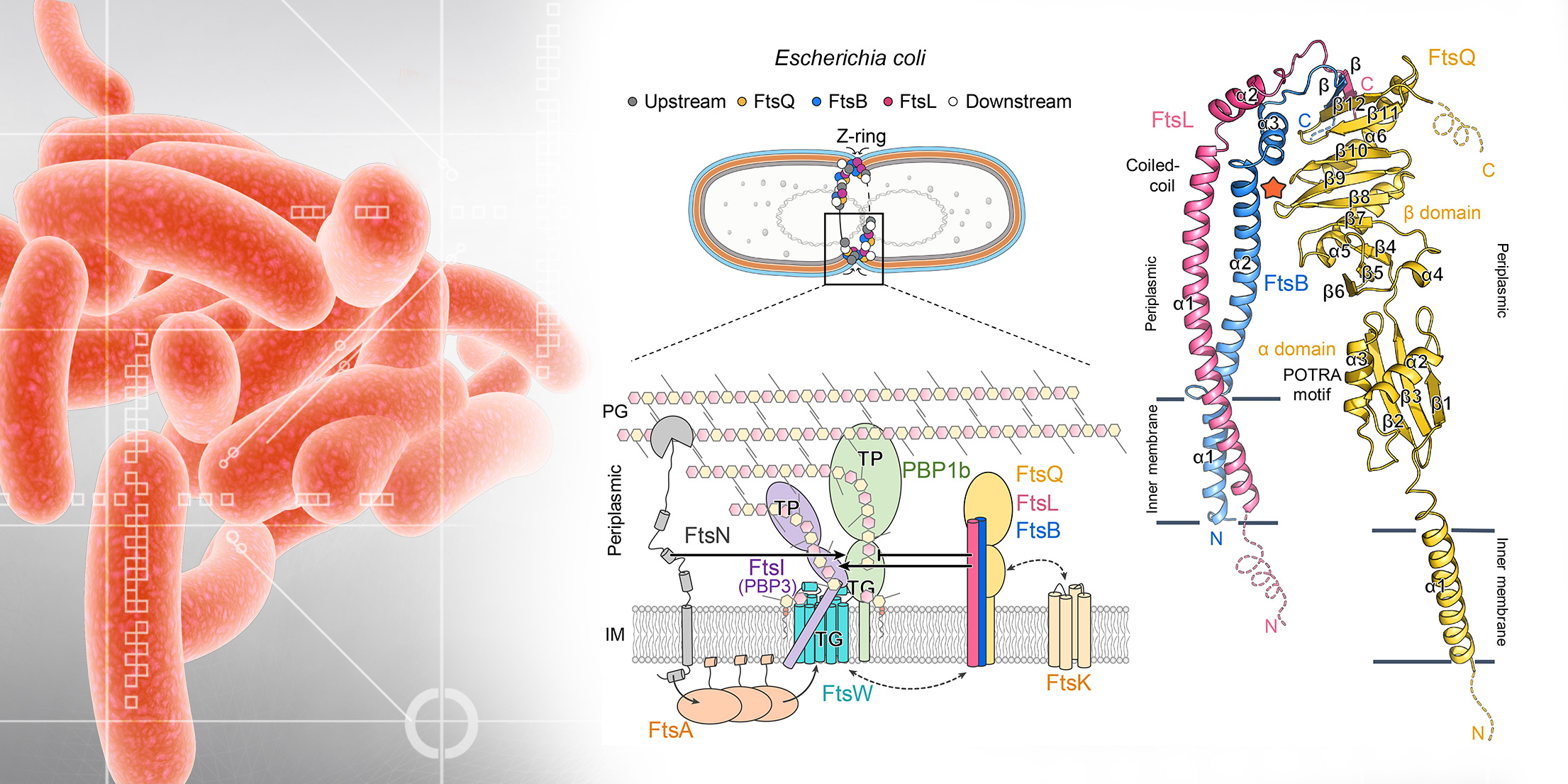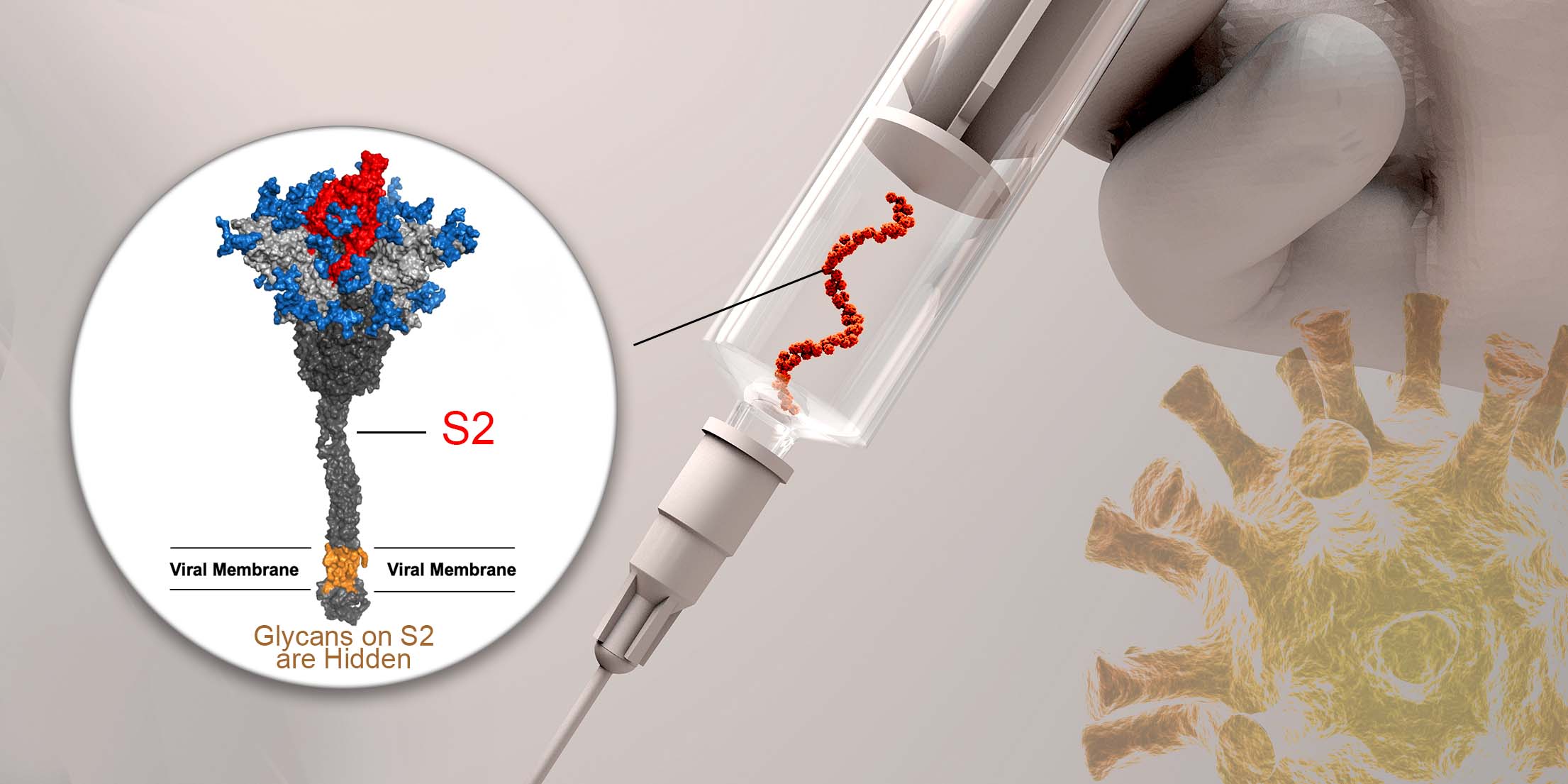The SARS epidemic has brought a great deal of global concern since 2003. Though the virus causing the disease was quickly identified, the pathogenesis of SARS is still a mystery. In order to overcome this problem, scientists from Taiwan performed a proteomic study using plasma samples from patients with SARS to explore the possible pathogenesis of this disease.
The work, directed by Dr. Jenn-Han Chen of National Defense Medical Center, and Drs. Yu-Ju Chen and Chi-Huey Wong of Institute of Chemistry and the Genomics Research Center at Academia Sinica, was published in the issue of Proceedings of National Academy of Sciences (PNAS, 2004, vol.101, P17039-17044).
Because of the close communication between the infected lung and blood circulation, the change of proteome in the plasma may reflect the status of the pathological events in SARS. The study was started first by separating plasma proteins from 40 patients and some normal individuals, respectively, using two-dimensional gel electrophoresis followed by mass spectrometry identification of differential expressed proteins.
The results showed that 38 proteins were altered more than 2-fold comparing to those of normal controls, and the functions of these proteins were found to be associated with acute phase response, antioxidation, transportation, and protease-related reactions. Among these proteins, 15 were over-expressed and 7 not detectable in normal controls. Several proteins were identified for the first time, among which an antioxidant, peroxiredoxin II (also called Natural Killer Enhancing Factor-B), was found to correlate with hemolysis and secreted by T cells. This work demonstrates that active innate immune response along with oxidation-associated injuries may play a major role in the pathogenesis of SARS. It provides a new direction to the development of diagnosis and therapy for the disease.




